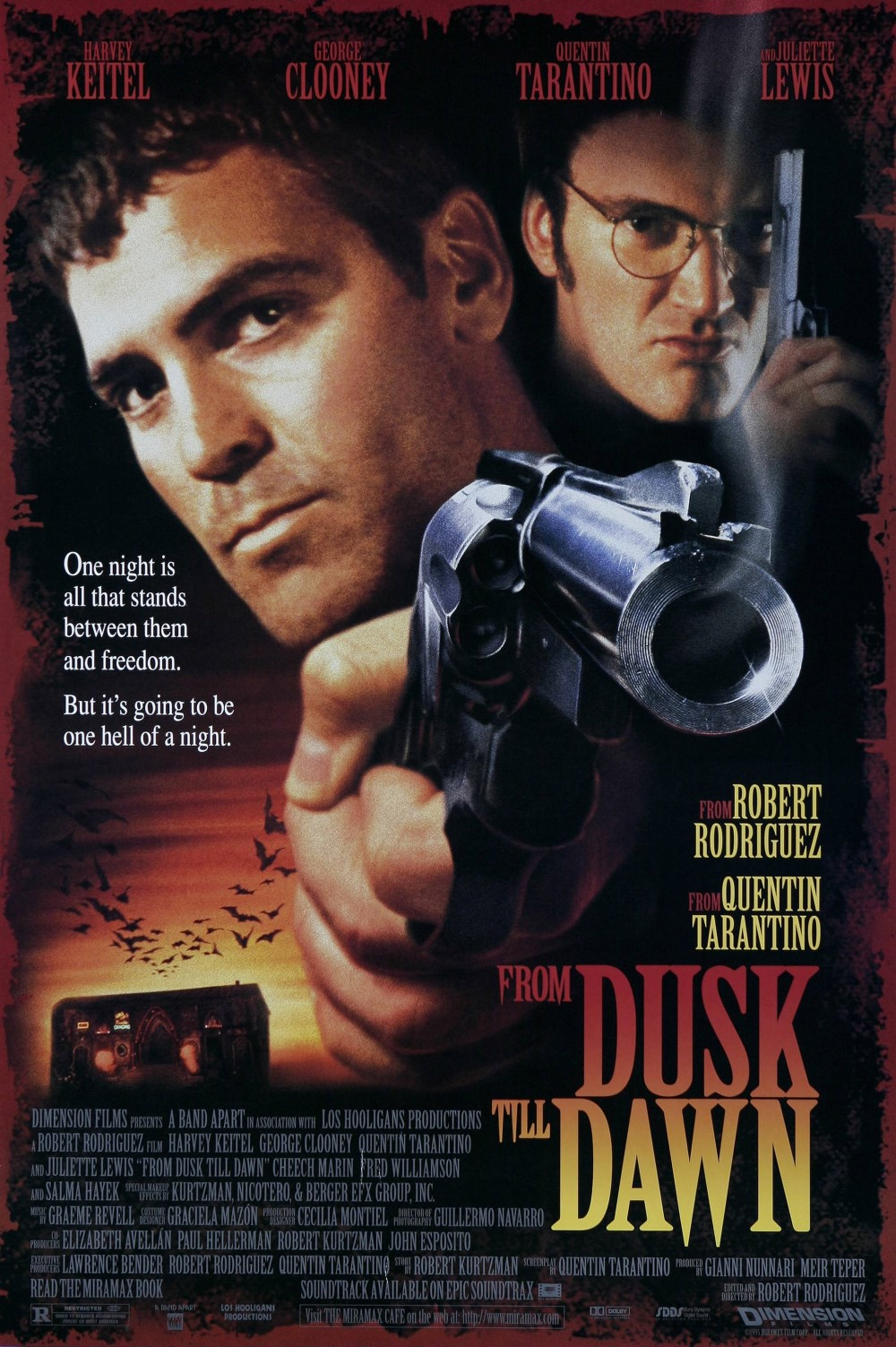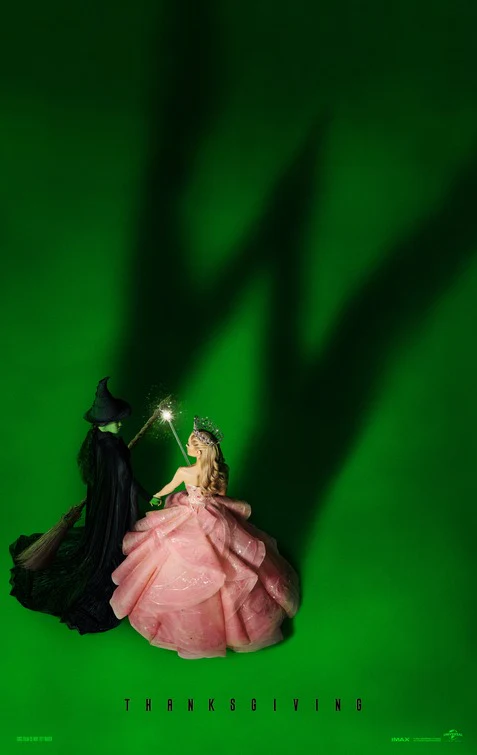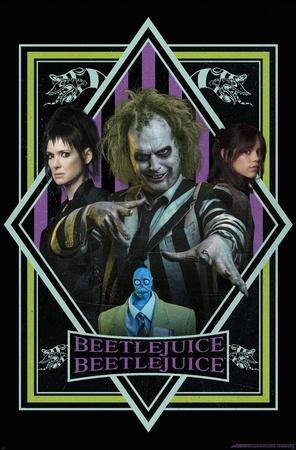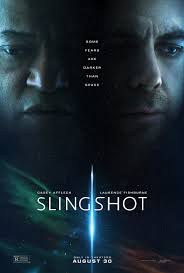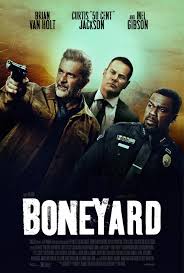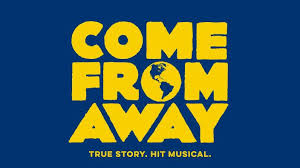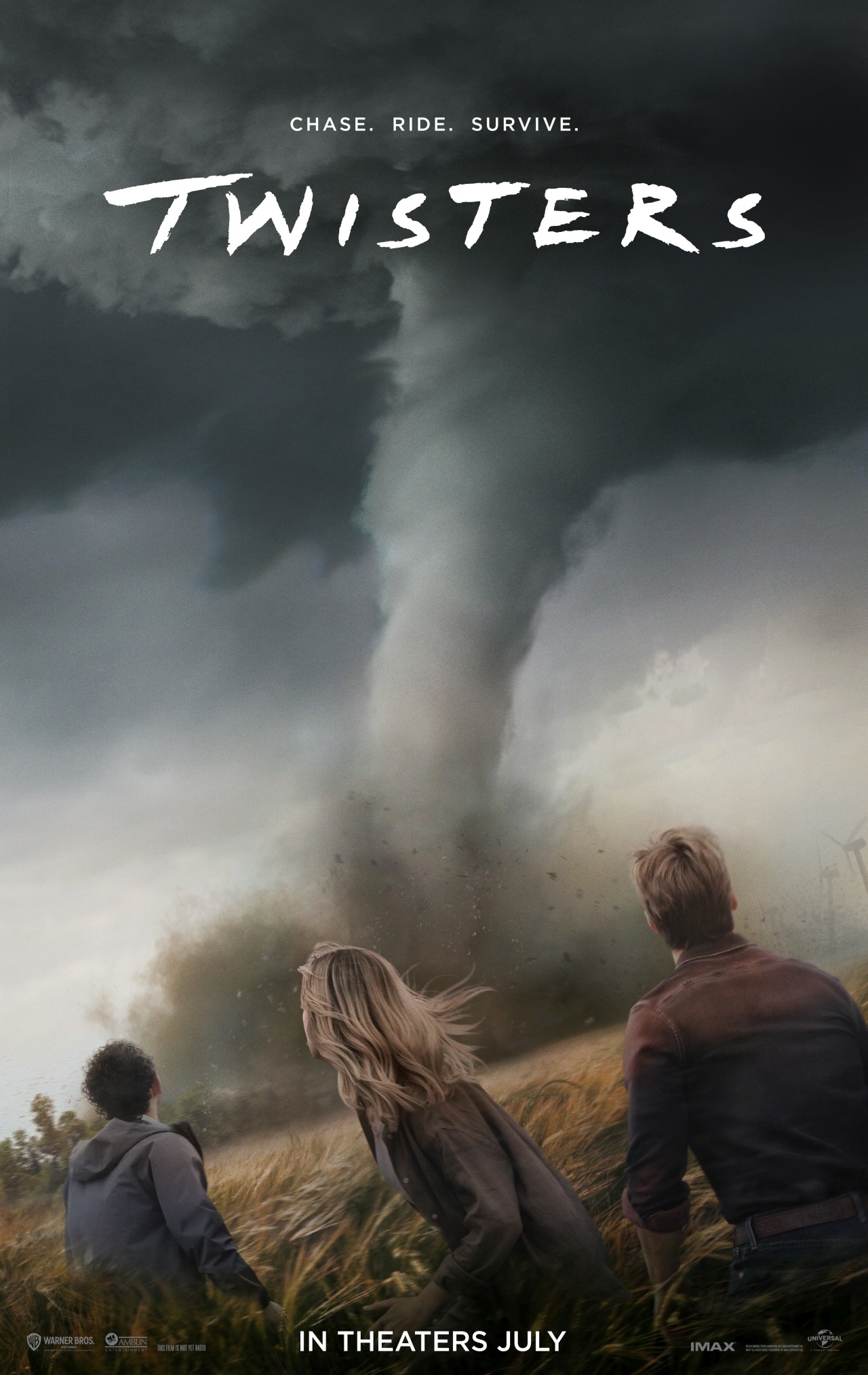I think that, as I’ve grown older, I’ve come to expect a certain lever of respect and customer service, especially when I’m spending my money at their establishment. Which brings us to my 8-month nightmare that was, is and continues to be Home Depot.
In late December 2023 our washing machine stopped working. Knowing we needed a new one, my wife and I went to the local Home Depot, a store we have frequented for almost 20 years. Since we were replacing the washer we decided to buy a new dryer as well and picked out what we wanted.
We paid to have them delivered and installed and a delivery date of January 15th was set. I was a little taken aback when the gentleman who set up our order told us that “98% of the delivery drivers don’t speak English so you might want to have a translator on your phone.”
The morning of the 15th we received a text that our items would be delivered between 12:00 and 4:00 pm. However, around 2:30 my wife received a call saying that they wouldn’t be delivering that day. I was naturally disappointed as I had taken the day off to be home. The delivery was then set for Wednesday, January 17th. Again, I took a day off work. We received a text that our delivery window was between 7:00 and 11:00 am. At approximately 10:45 m wife received a call telling her that the truck was running about a half hour late. At 11:50 she received another call informing her that we would not be receiving our items that day.
Slightly upset, I called the store and, after talking to the manager – not a lot of help – was transferred to the appliance department where I was given the name and phone number of the person who owned the company that Home Depot contracts to do their deliveries and installations. I called and left a message, and he called back. I explained that I had now taken TWO days off and still had no washer and dryer. He told me that it had been cold the night before and that none of his trucks had started. I told him that we had gotten a call telling us the truck was on its way but running late. He told me that was impossible because none of his trucks started. Hmmmmmmm…
He told me that the trucks were being looked at and that they would resume deliveries the next day, Thursday. I mentioned that I guess I would have to take another day off work but he told me, “no, I didn’t mean you. We’ll be delivering to the people who wanted delivery on Thursday.” I told him that I would like to have my items also delivered on Thursday, but he said he couldn’t because he didn’t have the appliances. I asked how that was possible? He was set to deliver them that day! Hell, he was supposed to deliver them TWO DAYS AGO!!
Anyway, we set another delivery date of Saturday, January 2oth. I texted him on Thursday and told him we had a family event to attend Saturday night – our granddaughter’s soccer game – and asked if we could get a morning delivery time. I also called and left a message. Saturday morning came and we didn’t hear anything from him. Eventually, my wife called the store and was told that our appliances were scheduled for between 11:30 am and 430 pm.
As I had a critic meeting that afternoon, I wasn’t home when the delivery truck arrived. Around 3:30 I called my wife and asked if we had a new washer and dryer. She replied “no.” She told me that the two delivery men had brought the appliances into the garage but didn’t have any tools. They asked her if they could use ours. THEY DIDN’T HAVE ANY TOOLS!!!??? One of them motioned towards our old washer hookups and told my wife that we had the “wrong” kind of faucet – not sure if those were the words he used but that was how she understood it. The guy who sold us these appliances was definitely right about the language barrier. He said we would need a plumber to come install new ones. He then told her that he had a friend nearby who was a plumber that could fix it and install it for her. As I wasn’t home, and we were tired of the delays, she agreed to have the “friend/plumber” come do it. I was mildly upset when I heard this and hurried home.
I arrived home around 4:00. The “friend/plumber” arrived right after me. He went into the garage, looked at the washer and told me he needed to replace both faucets. I thought he would have them with him, but he had to go buy them, coincidentally at Home Depot. At 5:45 pm he left, after changing the faucets and installing both the washer and dryer. We did not get to go to the soccer game. He charged us $165.00, which included the cost of parts he purchased. The original delivery men – the ones that apparently worked all day “installing” appliances without tools – took the old dryer with them (I paid for that service) but left the old washer (which I also paid in advance to have removed), which meant one of us would have to park outside as it now occupied one side of the garage. (After multiple phone calls to the store, the washer was finally picked up the following Friday).
On Monday I went to the store and spoke with the manager. When he heard my issues were with the delivery and installation, he told me that there was nothing he could do because “they don’t work for us.” I told him that HOME DEPOT had sent them to MY HOUSE with items I had purchased from HOME DEPOT, so they most certainly did work for him. I tried to use the analogy that if Ensign Red Shirt does his job poorly, Captain Kirk has to answer for it. He stared blankly at me. He again told me there was nothing he could do but would talk to Sylvia, who handles appliances, and have her call me. When I told him about the delivery men suggesting their plumber “friend” he told me that employees are not allowed to recommend third party contractors unless approved by Home Depot. Hmmm, I thought you just told me they WEREN’T employees! He also told me that it was my wife’s fault that she’d “hired” the friend/plumber, so he wasn’t able to refund the $165.00 I paid for the parts and labor.
The next day I called the store and spoke with the manager again. He said he had spoken to Sylvia, who also said that “they don’t work for Home Depot,” and that there was nothing she could do. I told him that I would like to speak with Sylvia myself and was informed that she “doesn’t talk to customers.”
I then called the 1-800 Customer Service number and spoke with a rep who stressed that they had no control over their contractors. I then asked to talk to a supervisor, who was helpful and said she would call me back after investigating. The next day, after not hearing back, I called again and got another supervisor and he seemed genuine concerned. He assured me that he would pass my issue up the line and that the escalation department would call me back. He also gave me the escalation department’s email address so I could share my issues with them.
Since February, I’ve called and been assured that the escalation department would call me back three separate times. Four times if you count the generic reply I received from my email to the Home Depot escalation department.
The more I thought about it the more I became curious of the situation. Was this a running scam, either devised by Home Depot or the owner of the delivery company. How many other times had they shown up to deliver an appliance, found a woman alone and told her that, while they couldn’t do the job, they had a friend that could. Was this just a local problem or national? And how in the hell were they doing installations with no tools?!?!
As my concern grew, I attempted to call Matt Carey, Executive Vice President for Customer Service at the Home Depot Corporate Headquarters. I went into the phone tree, noted that I wanted to speak with him and heard “do you want to speak to Matt Carey?” I said “yes” and heard “transferring to Matt Carey.” However, instead of being connected to his office, the line kicked back to the original phone tree (“press 2 for employment, etc). I repeated this process several times with no luck. I sent him an email detailing everything above and expressing my concerns but never received a reply.
Realizing I had a story to tell I even reached out to Home Depot Media Department in the hope they could explain what was going on but, despite leaving messages, I never got a return call. Their new slogan should be
How to Get Nothing Done!”
